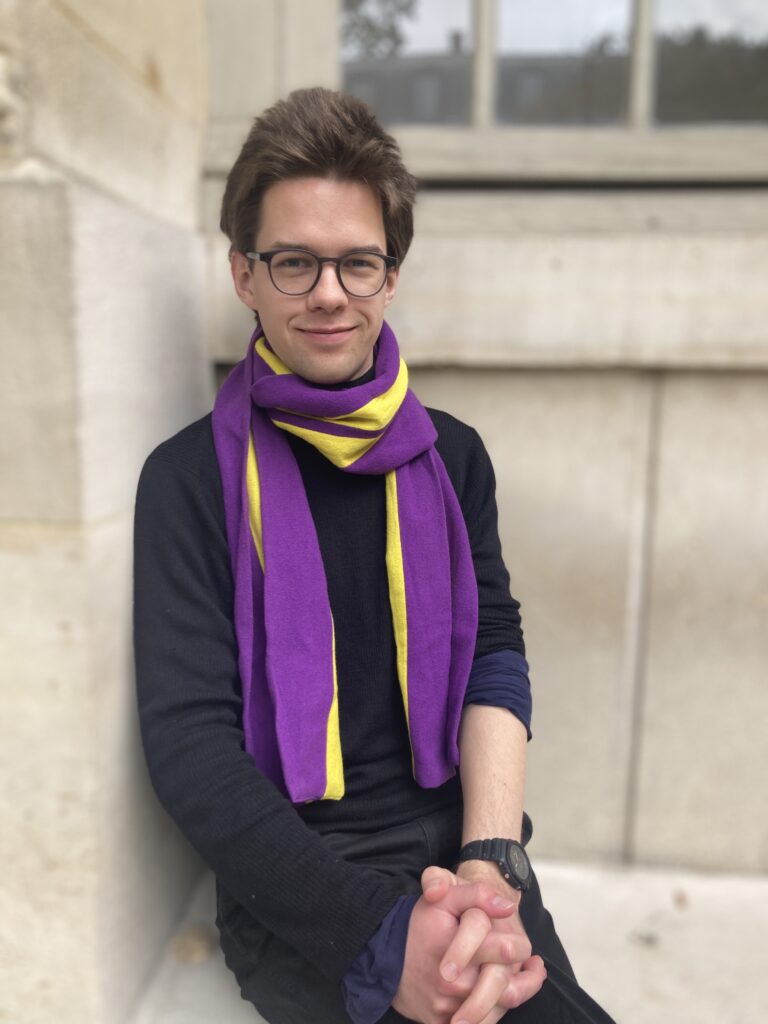Jean-Marc Gailis, 25, is in his fourth year in the geography department at the École Normale Supérieure (ENS). Passionate about strategy and cyberdefence, he is taking the minor at the Centre Interdisciplinaire sur les Enjeux Stratégiques (CIENS), which he plans to complete in 2026, after completing a tutored project.
From an early age, Jean-Marc loved to understand how computers and computer systems worked. By the time he was a student, this passion had developed into a keen interest in everything to do with cyber defence, both in its technical and strategic dimensions.
‘What fascinates me is the way in which technical actions, such as attacking servers or manipulating data, can have concrete geopolitical repercussions,’ he says. In a war, when belligerents use an application to guide their artillery strikes, as in Ukraine, this simple technical tool can, in the hands of those who control or hijack it, influence the course of the conflict and turn against its users’.
In his view, cyber defence is a special field, where the enemy is difficult to identify, blurring the traditional boundaries of violence.
Game theory
Jean-Marc will be enrolling at the ENS in 2021, after completing a literary preparatory class, and in the CIENS courses he has found a way of combining the strategic, economic and philosophical aspects that he loves. ‘These intellectually rich courses highlight the levers available to players in negotiation and conflict situations,’ he says. ‘They provide an in-depth understanding of the tools needed to achieve strategic objectives’.
‘A game-theoretic approach to nuclear deterrence is very stimulating, combining an economic tool with a geopolitical problem‘, he adds, referring to a discipline based on mathematical concepts that studies situations (’games‘) in which individuals (’players”) make decisions aimed at maximising their gains and minimising their losses.
The courses he takes at CIENS, run by both academics and practitioners, give him a dual practical and theoretical perspective. ‘The alternation between lecturers with field experience and those from the academic world, a combination that is quite unique at the ENS, enables me to develop what I would call a strategic ‘toolbox’ as well as long-term reflexivity. I also appreciate the policy-oriented approach of academic research’, he explains.
Diplomatic career
Armed with his expertise in cyber, he plans to complete his studies in 2026, with the aim of taking the competitive entrance exams to join the Institut National du Service Public (INSP) or the Ministry of Europe and Foreign Affairs (MEAE).
Jean-Marc stresses how important it is for students to receive precise advice on career opportunities in public administration. He expresses the need for a better understanding of the codes and internal workings specific to each institution, in order to better prepare for competitive examinations and careers in these sectors.

